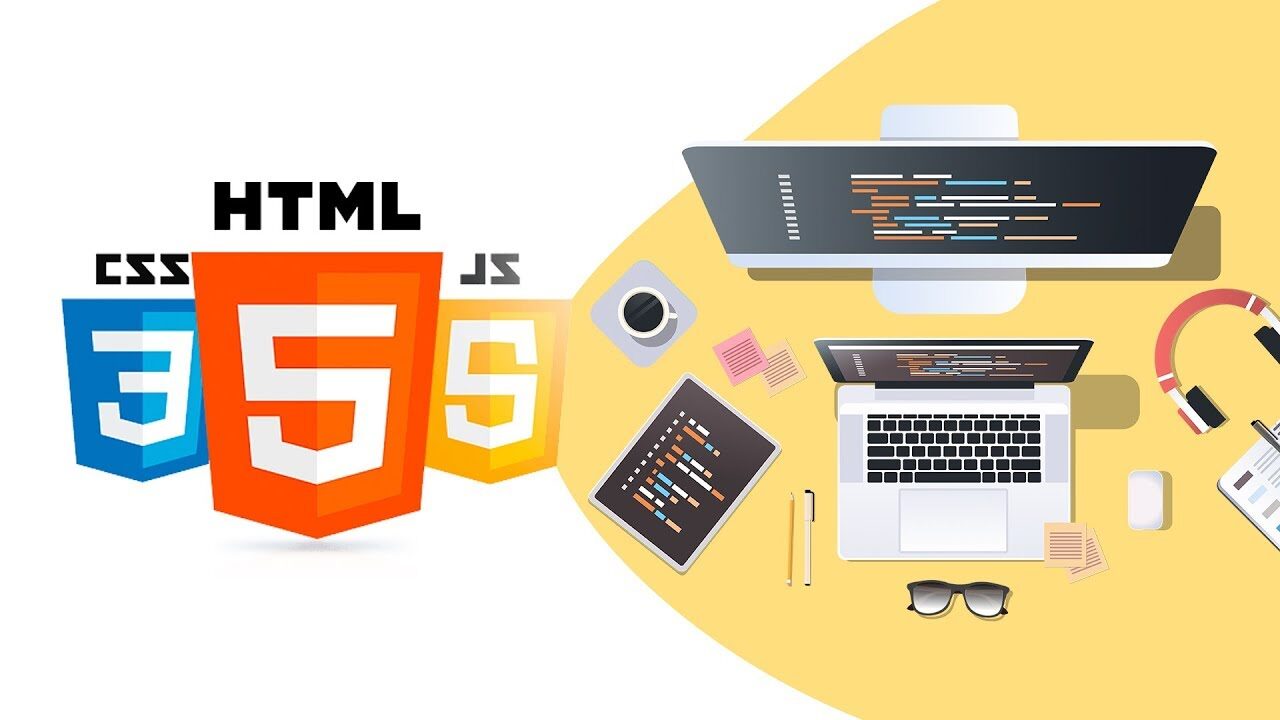Embarking on your first programming course can be both exciting and overwhelming. Whether you’re aiming to become a web developer, dive into data science, or simply acquire a new skill, learning to code opens the door to endless opportunities. But what exactly should you expect when taking that first step?
In this guide, we’ll explore what new learners can expect from their first programming course and offer tips on how to make the most of the journey. From choosing the right programming languages to exploring the best programming resources, you’ll be well-prepared to succeed in your coding endeavors.

1. Understanding the Basics: Programming for Beginners
If you’re new to coding, your first programming course will likely start with the basics. As a beginner, it’s important to build a solid foundation, so you’ll likely encounter introductory concepts such as variables, loops, conditionals, and functions. These concepts form the backbone of most programming languages, and understanding them early on will make learning more advanced topics much easier.
Courses geared toward programming for beginners often start with user-friendly languages such as Python programming or JavaScript programming, as these languages have relatively simple syntax and are widely used across various industries. Both Python and JavaScript are excellent for web development, making them ideal first languages to learn.
What to Expect:
- Simple programming tasks (e.g., building basic calculators, printing text to the console)
- Learning how to define variables, create loops, and use conditionals
- Coding tutorials and hands-on exercises to apply concepts in real time
2. Choosing the Right Programming Language
Your choice of programming languages depends on your goals. As a beginner, you might feel overwhelmed by the sheer number of languages available, but don’t worry—most introductory courses will recommend a beginner-friendly language that aligns with your goals. Here’s a quick overview of common programming languages you might encounter in your first course:
- Python programming: Known for its simplicity and readability, Python is ideal for beginners. It’s widely used in data science, machine learning, and web development.
- JavaScript programming: A crucial language for web development, JavaScript is essential if you’re interested in building interactive websites.
- HTML and CSS: While not programming languages in the traditional sense, HTML and CSS are fundamental for anyone wanting to learn web development. Expect to encounter these early on if your course focuses on building websites.
What to Expect:
- A focus on beginner-friendly programming languages like Python or JavaScript
- Practical exercises involving real-world scenarios such as building simple websites or automating tasks
3. Hands-On Learning with Projects and Coding Tutorials
Most programming courses are designed to be highly interactive. You won’t just sit through lectures or read endless tutorials—you’ll be writing code from the very start. Many courses offer coding tutorials that guide you step by step through the process of creating small projects, like building a website or solving coding challenges.
For example, if you’re learning JavaScript programming, you might work on projects that involve creating interactive web elements, such as buttons or forms. If you’re exploring Python programming, you might build a simple program that can automate tasks like sending emails or manipulating data.
These projects help reinforce what you’ve learned and give you a chance to apply your knowledge to real-world situations.
What to Expect:
- Interactive coding tutorials and projects, like building a small website or developing a simple app
- Opportunities to work on your own projects, allowing you to showcase your skills
- Regular coding exercises to reinforce new concepts
4. Mastering Online Coding Platforms
In today’s digital world, many learners prefer the flexibility of online coding courses over traditional classroom settings. Platforms like Codecademy, Udemy, and freeCodeCamp provide structured courses where you can learn to code at your own pace, making them perfect for beginners.
Online coding platforms often offer interactive learning environments where you can write, test, and debug code directly in your browser. They provide instant feedback, which is crucial when you’re just starting out. These platforms also offer a wealth of programming resources, including video tutorials, quizzes, and forums where you can interact with other learners.
What to Expect:
- Access to self-paced online coding platforms with interactive exercises
- Instant feedback to help you learn and correct mistakes as you go
- A wide range of programming resources like videos, forums, and documentation
5. Dealing with Challenges and Debugging
No coding journey is without its challenges, and that’s perfectly normal. As a beginner, you’ll inevitably encounter errors and bugs in your code—this is part of the learning process. In fact, one of the most valuable skills you’ll develop in your first programming course is learning how to troubleshoot and debug code.
Debugging involves identifying errors in your code and figuring out how to fix them. Early on, you’ll learn to use tools like print statements or browser developer tools to trace problems. This process can be frustrating at first, but with time, you’ll develop the patience and persistence needed to solve these issues effectively.
What to Expect:
- Encountering errors and learning how to debug your code
- Developing problem-solving skills and the ability to troubleshoot effectively
- Building resilience as you work through coding challenges
6. Exploring Career Paths and Certifications
One of the most exciting aspects of learning to code is the wide range of career paths it opens up. Whether you’re interested in becoming a full-stack web developer, a data scientist, or a game developer, coding is a valuable skill in today’s job market.
As you progress through your first programming course, you may begin exploring specific career paths. Some courses may offer opportunities to earn a programming certification, which can validate your skills and boost your resume. For example, you could earn a certification in Python programming for data science or JavaScript programming for front-end development.
If you’re serious about pursuing a career in tech, you might also consider enrolling in a coding bootcamp—an intensive, short-term program designed to help learners quickly acquire job-ready coding skills.
What to Expect:
- An introduction to potential career paths, from web development to data science
- Opportunities to earn a programming certification to validate your skills
- Guidance on next steps, including advanced programming courses or bootcamps

Your first programming course will be filled with new concepts, hands-on projects, and moments of both challenge and triumph. Whether you’re interested in coding from scratch or expanding your skills to more advanced programming, the journey will be rewarding.
Expect to engage in hands-on learning, debug your way through challenges, and explore a variety of programming languages. With the right mindset and resources, your first programming course can be the foundation for a successful and fulfilling career in technology. So dive in, embrace the process, and enjoy learning to code!



